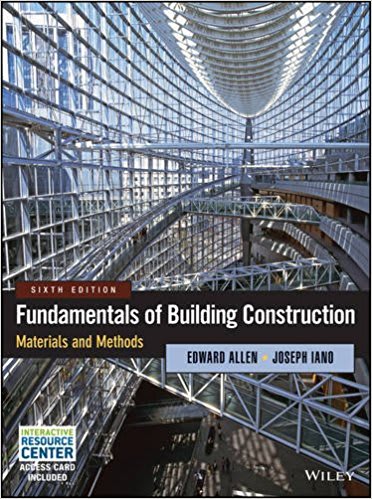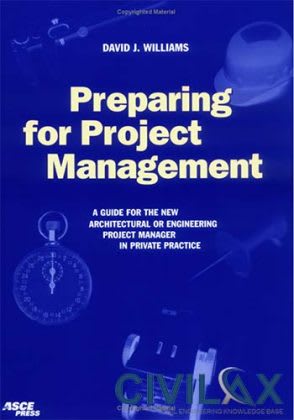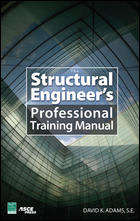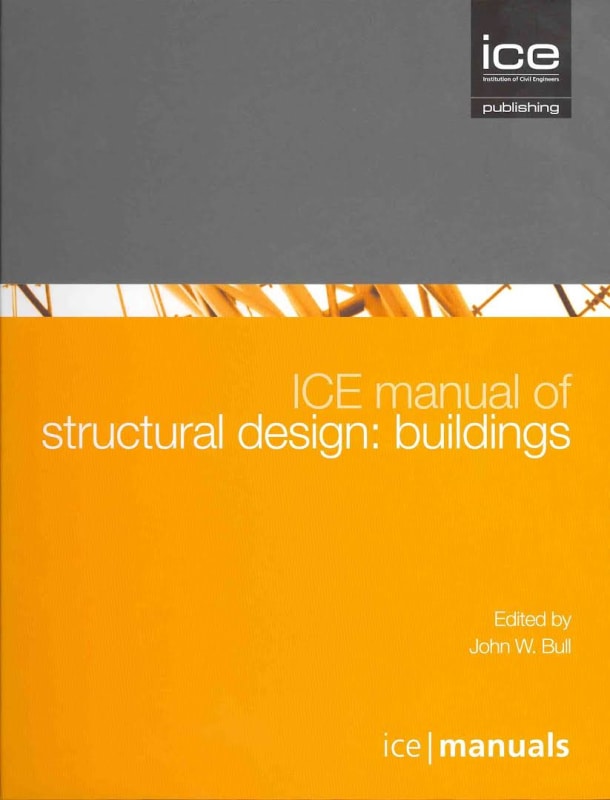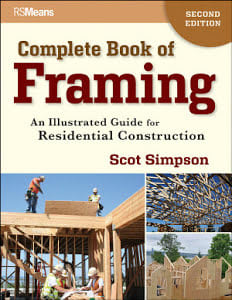afdengo
Structural
- Dec 28, 2017
- 5
I'm about to start my first job in the world of structural engineering. I graduated in june of last year, and after working for a contractor for some months, I have decided that I want to try structural engineering before it's too late.
Even though it's been less than a year since I graduated, I have already forgot a lot of the more technical details of structural analysis and design. I have my EIT and I took a lot of my coursework in structures so I'm sure I can recall a lot of it with some practice.
I was just wondering if any structural engineers read this, if you put yourself in my shoes and were about to start a new job you're a bit nervous for: What would you review before starting? What knowledge is most useful or used?
I know I will be learning a lot and will probably have to ask a lot of questions, but I really don't want to appear clueless when I first arrive.
Any help is appreciated!
Even though it's been less than a year since I graduated, I have already forgot a lot of the more technical details of structural analysis and design. I have my EIT and I took a lot of my coursework in structures so I'm sure I can recall a lot of it with some practice.
I was just wondering if any structural engineers read this, if you put yourself in my shoes and were about to start a new job you're a bit nervous for: What would you review before starting? What knowledge is most useful or used?
I know I will be learning a lot and will probably have to ask a lot of questions, but I really don't want to appear clueless when I first arrive.
Any help is appreciated!

